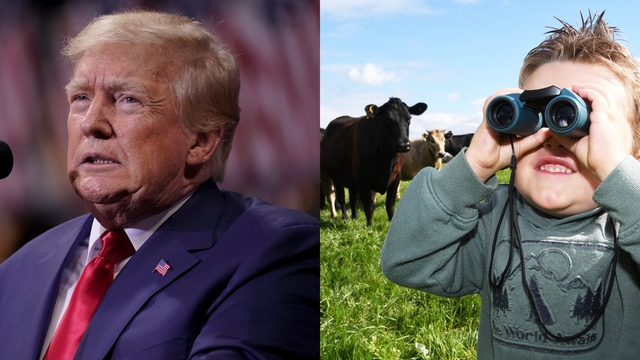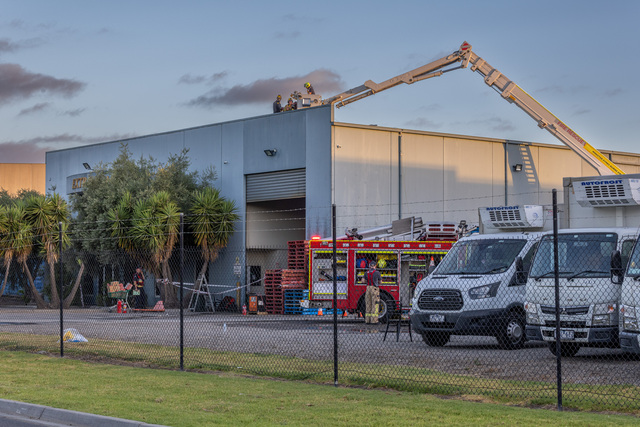US President Donald Trump singled out Australian beef when he announced worldwide tariffs on all imports, but local producers are “not losing sleep” over the historic move.
Trump announced a ten percent tariff on all Australian imports this week, on what the administration called “liberation day” where the President announced taxes across all world imports to the US market, ending decades of entrenched free trade policy led by US interests.
In his lengthy conference, Trump mentioned Australia’s ban on the import of US beef, which has been in place for over 20 years.
Australia’s beef export to the US hit a record level in 2024, reaching almost 400,000 tons in total.
The US is the largest market for Australian beef, but the latter does not reciprocate the former since bovine spongiform encephalopathy was detected in the US in 2003.
A 10 per cent tariff is the minimum applied to all world imports into the US; Australia avoided the possibility of severe rates such as the 46 percent faced by Vietnam.
“They’re wonderful people – they’re wonderful everything – but they ban American beef,” Trump said.
Officer South’s Simon Beard, from the cattle farm Meat Me At The Gate, said, “he isn’t going to lose sleep over it.”
“Wherever we lose out, we will gain it back elsewhere.
“I don’t worry that much about these things, things I can’t control.”
It was only last year that most of China’s sanctions on Australian beef were lifted.
In 2020, China withdrew export licenses from a number of Australian abattoirs which were then mostly reversed in May 2024.
Australian producers faced sanctions from the country’s top overall trading partner, but will the tariff from the US prove more difficult?
For Bayles resident Tony Morgan, it’s a matter of wait and see.
“America is a very big market, but I’m not sure you can say anything definitive at this stage,” he said.
Morgan feels there won’t be any immediate impacts as any changes take time in agriculture.
“If beef herds were to scale up in the US, that would take years.”

















